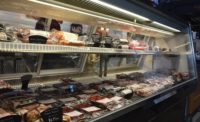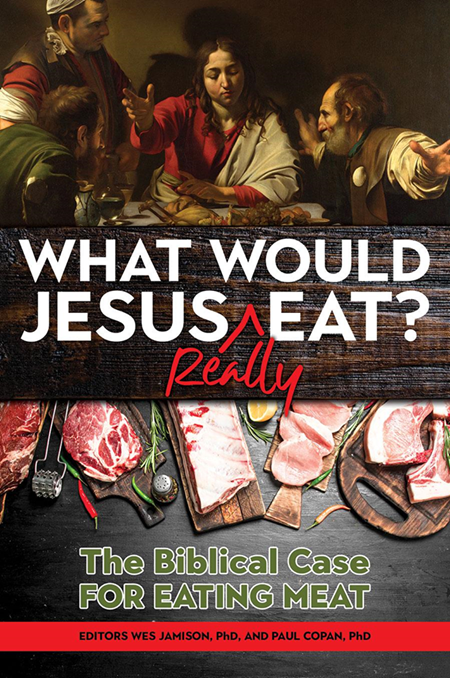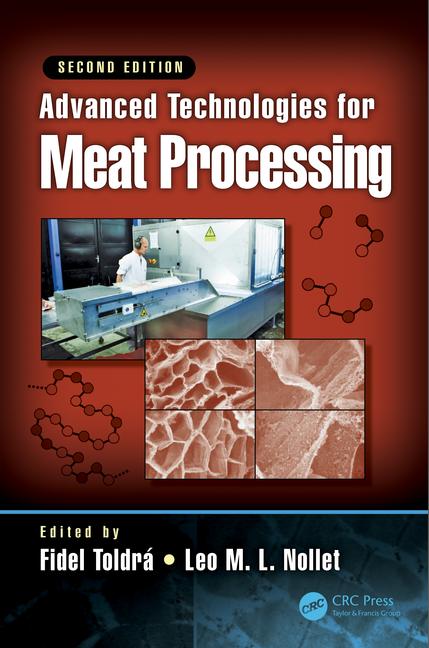There are problems in any business that an owner can anticipate. For example, you keep a stock of spare parts to avoid downtime should a piece of processing equipment break down. Your food safety programs help to avoid recalls, and your worker safety practices help to prevent injuries and OSHA fines. You can look at livestock forecasts to see if there will be any raw materials shortages, and you can avoid losing key employees by keeping them well-paid and satisfied at their current job.
There will always be things that are outside of your control. That could include anything from a natural disaster, like an earthquake, tornado or hurricane, to something like a fire or a flood. It’s scary to think that your business could be destroyed overnight, but it is a possibility. I’ve written several stories about plant fires this year. Having spoken to processors who recovered from fires, it can be a long, painstaking process to rebuild and recover.
Take time to periodically review your insurance documents and make sure that they are up-to-date for your current business. You may have bought fire insurance three years ago before you expanded your facility or bought new equipment, and your existing policy may not be enough for your upgraded facility. Have a plan for how you would continue your business in the immediate aftermath. Who do you need to call, and how do you keep your customers informed?
If you have important documents, historical photos or other things too valuable to lose, put them in a fireproof safe. Machines can be replaced; photos of your parents or great-great-grandparents working in the shop can’t.
A disaster doesn’t have to bring about the end of a business. Plan ahead for the worst case scenario. Hopefully, you’ll never have to follow through on your recovery plan, but it’s better to have a plan than be left wondering what to do next.
This article, published in Independent Processor in 2018, may be a good starting point: https://www.provisioneronline.com/articles/106353-the-basics-of-fire-insurance-for-small-meat-plants.








Report Abusive Comment